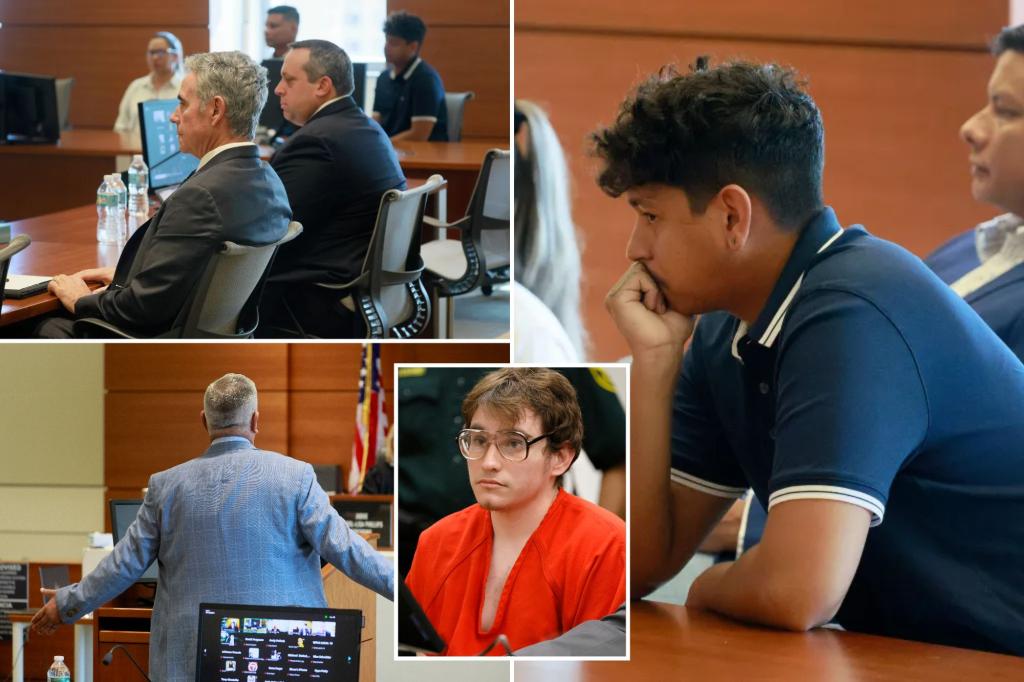A dispute has arisen between the most seriously injured survivor of the 2018 Parkland school shooting and some families of the 17 victims who were killed in the tragedy. The conflict centers around dueling lawsuit settlements involving the shooter, Nikolas Cruz. Survivor Anthony Borges and his parents reached a $400,000 agreement with Cruz, giving Borges rights to Cruz’s name and image, among other provisions. In response, attorneys for families of Meadow Pollack, Luke Hoyer, and Alaina Petty, as well as survivor Maddy Wilford, reached their own $190 million settlement with Cruz.
This animosity between parties began during negotiations over a $25 million settlement involving Broward County schools in 2021. The families of the victims insisted that Borges receive $1 less than them, as they believed they had suffered a greater loss. Borges’ attorney argued that his client deserved $5 million from the settlement due to his significant medical expenses resulting from being shot five times in the torso and legs. This initial conflict resulted in Borges being removed from the group of families involved in the negotiations.
The tensions continued during discussions over a $127 million settlement with the FBI, further exacerbating the discord between the Borgeses and the other families involved. The Borgeses eventually reached their own settlements, but the resentments remained high. Borges’ attorney, Alex Arreaza, expressed frustration with how his clients were being treated, feeling as though they were being treated as second-class citizens. The families’ lead attorney, David Brill, countered that they had consistently tried to do what was right for the Borgeses, despite the past tensions.
The disagreement over the dueling settlements revolves around whether Borges can acquire rights to Cruz’s name and likeness and any potential earnings from his story, as well as the allocation of the annuity funds left by Cruz’s deceased mother. Brill argued that state law precludes Borges from acquiring these rights and that these decisions should involve all the families and survivors, not just Borges. However, Arreaza contended that Borges needs the annuity funds for future medical care and that he did not violate any verbal agreements regarding how the settlements should be handled.
The judge presiding over the case, Carol-Lisa Phillips, urged the parties to find a resolution regarding the annuity, warning that further litigation would only serve to grant attention to Cruz, who is currently serving a life sentence. She highlighted the need for the parties to set aside their animosities and focus on the shared tragedy they all experienced. Phillips emphasized the importance of finding common ground and encouraged the lawyers to reflect on whether the current dispute was truly what they wanted to prioritize, especially in light of recent school shootings. She expressed her hope that a peaceful resolution could be reached for the benefit of all involved.


